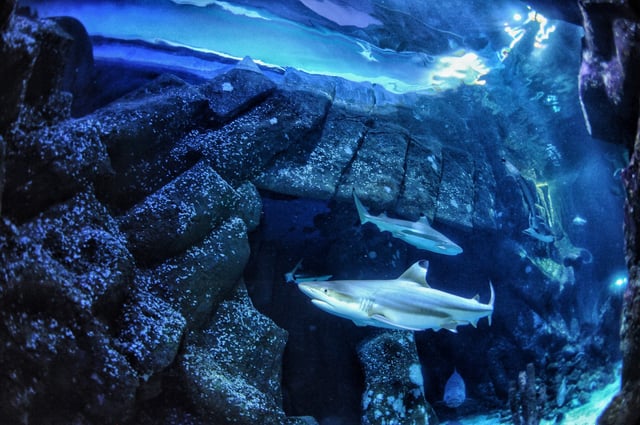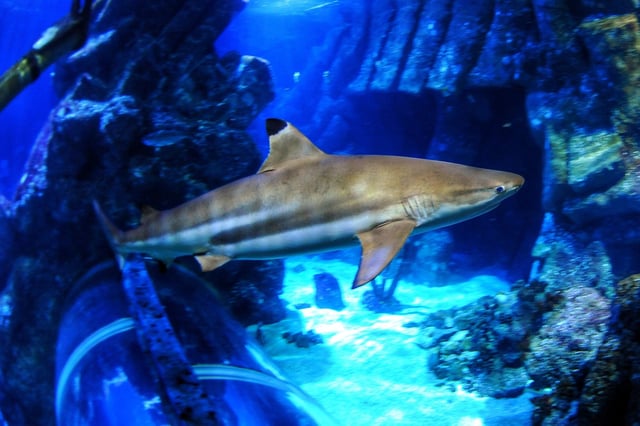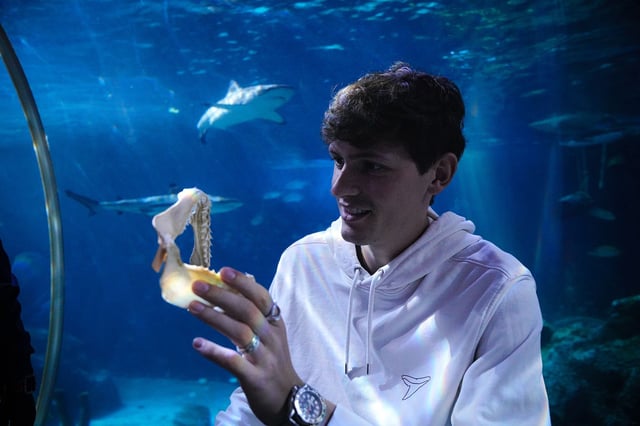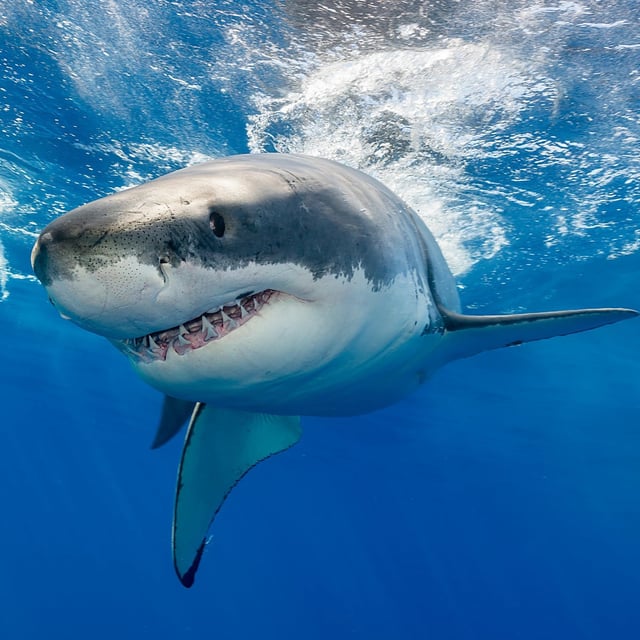Overview
- Researchers incubated intact shark teeth for eight weeks in seawater set to today’s average pH (~8.1) or a projected future level (~7.3) to assess damage.
- Teeth exposed to the more acidic water developed visible cracks, holes, increased root corrosion and structural weakening, with surface irregularity appearing as greater circumference in images.
- The study originated at Heinrich Heine University Düsseldorf using naturally shed teeth collected from a German aquarium and is published in Frontiers in Marine Science.
- Authors emphasize that only non-living tissue was tested, so biological repair, remineralization and rapid tooth replacement in living sharks were not measured.
- Researchers warn that any reduction in bite effectiveness or increased energy demands for tooth replacement could affect hunting and food-web dynamics as oceans absorb more CO2.



